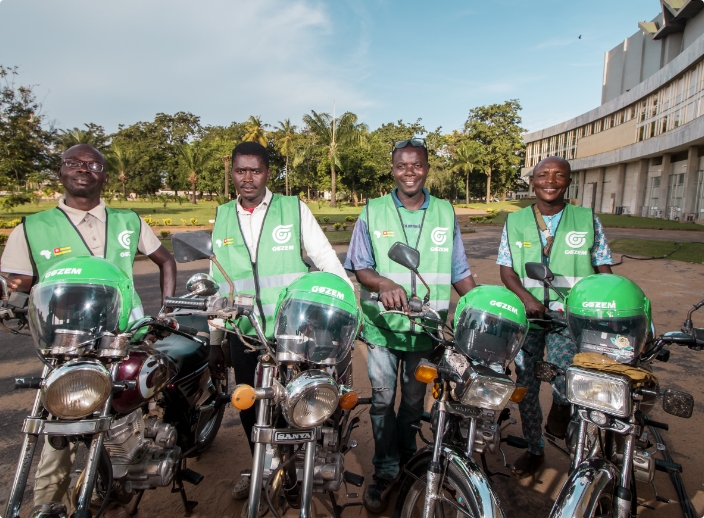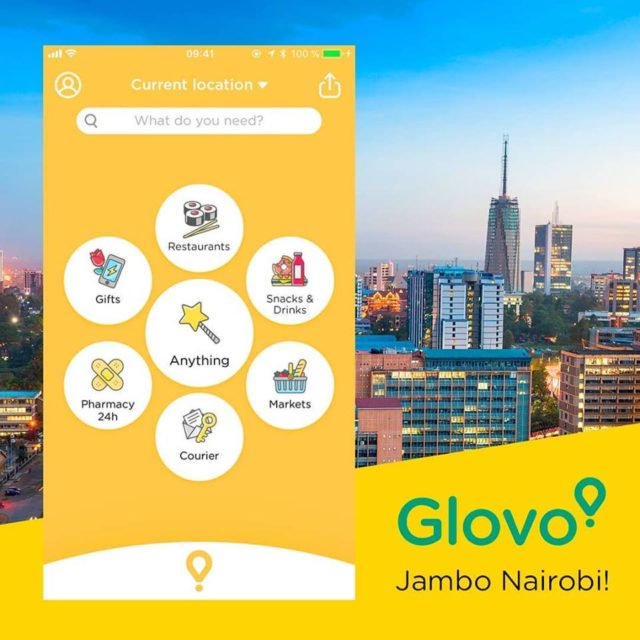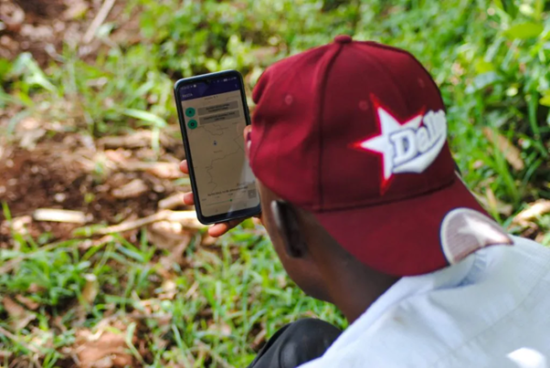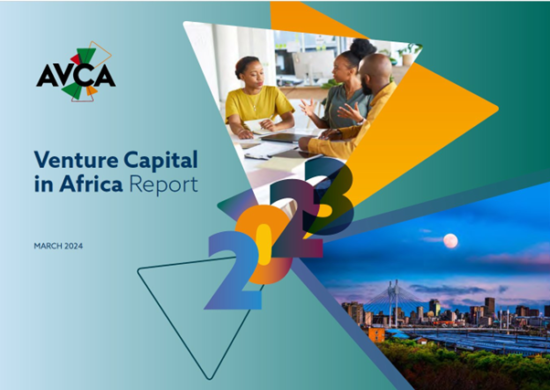The growth of delivery platforms that are multiplying on the continent is driven by a real capacity to adapt to local needs, which is at the heart of the development model of most of these companies. Thus, with the advent of the pandemic and the first lockdowns, they react very quickly, playing the card of health security in a more or less serious way (riders equipped with sanitizers and masks), but also diversifying their services according to the needs that emerge with the lockdowns and the new restrictions (sale of sanitizers, masks and hygiene products), therefore attracting a new public and winning new market segments.
Asian Super App concept adapted to African market
This is precisely the model followed by Gozem, the "Super App" 100% made in Africa as its initiators insist. Launched in Lomé in November 2018, the app that brings together a range of services (from transport and deliveries to financing) very quickly sees more than 200,000 downloads on Google Play. "I was based in Singapore, sucked in by Asian super-apps, apps that offer all services, themselves inspired by WeChat in China. What all these markets have in common are emerging countries," says Raphaël DANA, co-founder of Gozem. A new concept that we liked, we decided to import it to Africa, starting with a small market, Togo.

And if the concept is imported, the local variation is implemented as soon as it is set up. "We started with motorcycle-taxis, which we equipped with helmets, safety vests, which we trained and insured to provide a certain safety level and above all a stable price for consumers. "Very quickly, the company moved on to other transportation modes, tricycles and then cabs and finally all types of transport. "It was very fast in terms of growth" says the co-founder. Especially since they bought a local delivery company, Delivroum, the first and main food delivery app in Togo.
“It's a super App, 100% African, dedicated to Africa, all is designed in Africa”
This is enough to push the platform to try other markets. Although COVID-19 has slowed them down somewhat in their regional expansion ambitions, they are still expanding into neighboring markets such as Benin, then Gabon and Cameroon. Adapting their service offerings to the configuration of the markets they approach. "We started to deliver all types of products, grocery, gas cylinders and others. "In the meantime, they are partnering with a regional bank to help drivers finance the purchase of their vehicles. While waiting to launch a mobile money solution. It's a super App, 100% African, dedicated to Africa, our teams are African, it is designed in Africa... We bring technology to Africa!" emphasizes Raphael. "We have created a digital infrastructure to move people, goods, access financing... meet the essential needs of local populations."
Hence the choice of their markets elsewhere: French-speaking countries. "95% of investment in this business is concentrated in a few countries: Egypt, Nigeria, Ghana, South Africa, ... Consequently, half of the continent's population is left out. We chose small, French-speaking markets, like Togo and Benin, where people are in demand, they want technology, and we are happy with what we are doing."
“Have everything delivered in minutes”
Another fast-growing player, yet among the latest to enter the continent, is Spanish startup Glovo. It covers home delivery in 20 countries including Morocco since 2018. It, equally, promotes itself as a super app. “Glovo is an application that literally enables you as a customer or as a user to be able to get anything delivered to you in minutes. We have all the categories you can think of on Glovo”, says Priscilla MUHIU, General Manager Glovo, Kenya. “Just to give you some examples: you can get food delivered, you can get groceries delivered., you can get your pharmacy over the counter medicines delivered. In the event you do not find the store you are looking for on Glovo, you are able to tell us to pick up this item from this store and bring it to us.”

Launched in Kenya in January 2019, then a few months later in March 2019 in Côte d'Ivoire, Glovo that saw its expansion slowed by the pandemic too, has ever since been in full continental development. “We launched in November in Uganda and in March this year we launched Ghana and now we are in the process of setting up offices in Nigeria”, she further says. Here again, adaptation to the local market and its needs was essential. “It is important to really understand what the market needs. I can give you an example, in Europe most people have access to credit cards, unlike in Africa. In Africa we are still a cash market, therefore you need to enable cash on the platform, so that people can pay cash on delivery. That is something that we had to adapt to, unlike other markets, like Spain which does not have cash on delivery. In Kenya, to be specific as well, we have been able to integrate M-Pesa so users are able to use it to pay for their goods.”
“Groceries’ orders increased threefold”
The platform is adamant that the pandemic has clearly increased its traffic. Because the company has been able to react to new health requirements. “The first thing that we did, when the pandemic hit all the countries, is that first we have to make sure that the customers, riders and partners are safe. Therefore, we implemented protocols, in line with what the WHO recommends. For example, the riders were equipped with the PPEs, they had masks, gloves, sanitizers, etc. We had to remove signatures. Before the pandemic, the user has to sign on the app of the courier. Now, we stopped all that, because we want to limit the contact between the courier and the customer. We also implemented a leave at the door delivery, where you can literally let us know that you want the courier to leave the items at the door and leave. So, you do not have any contact with the rider,” says Priscilla MUHIU.
As a result of border closing, the business has set up a network of local suppliers. “We saw a couple of businesses being interested in joining Glovo, because now walking customers’ number is reduced. These businesses needed to leverage on a platform like Glovo. Hence, we saw an increase in the number of stores that came on board during that time and we were able to service their country through delivery. I Can tell you for example that the number of groceries’ orders increased threefold, compared to earlier before. Before, people used to prefer to go and shop for themselves. But now, during the pandemic we are being limited by the number of people who can go to the supermarkets.” To sum up: “For Glovo, the thing to note is that we are an on-demand platform.”
To be continued (analysis in 3 articles).





